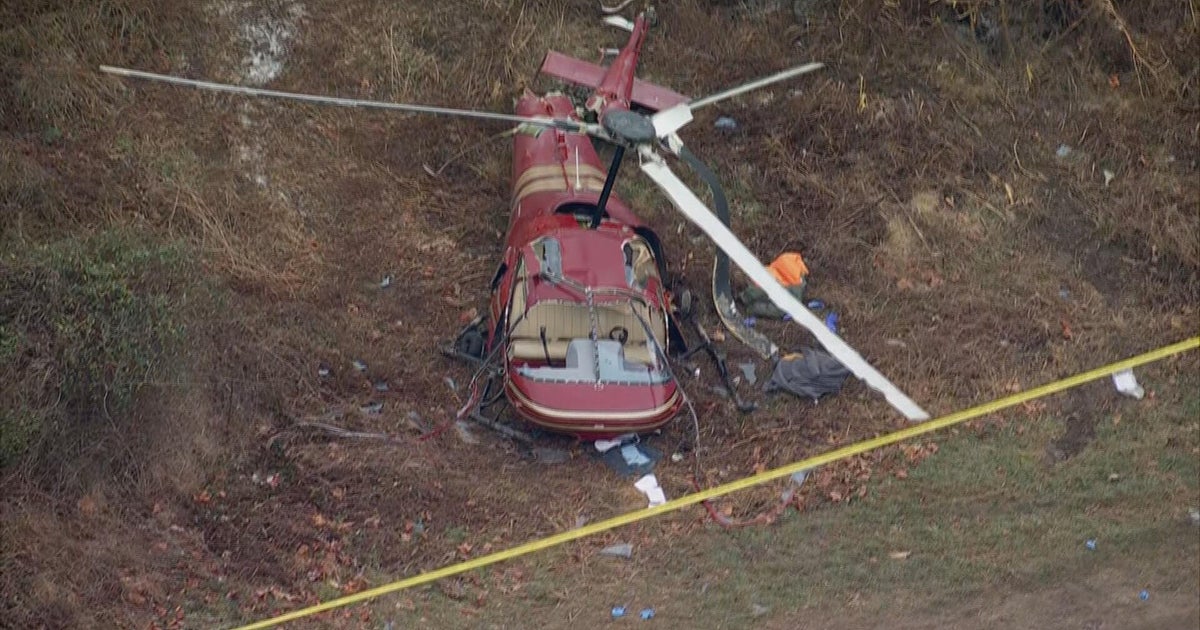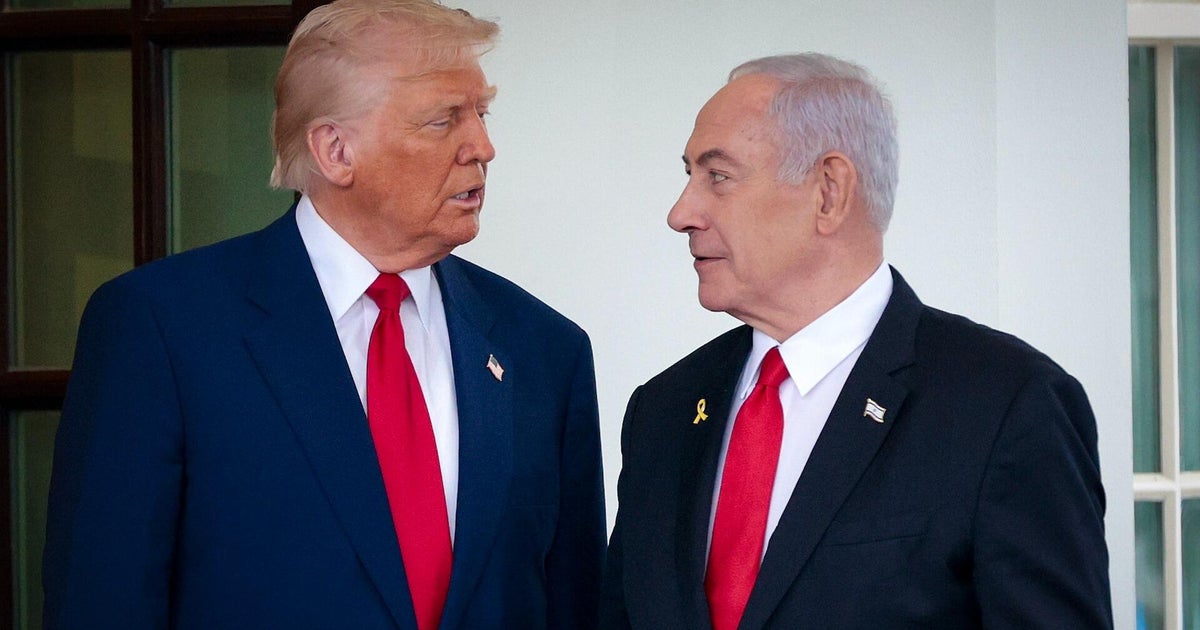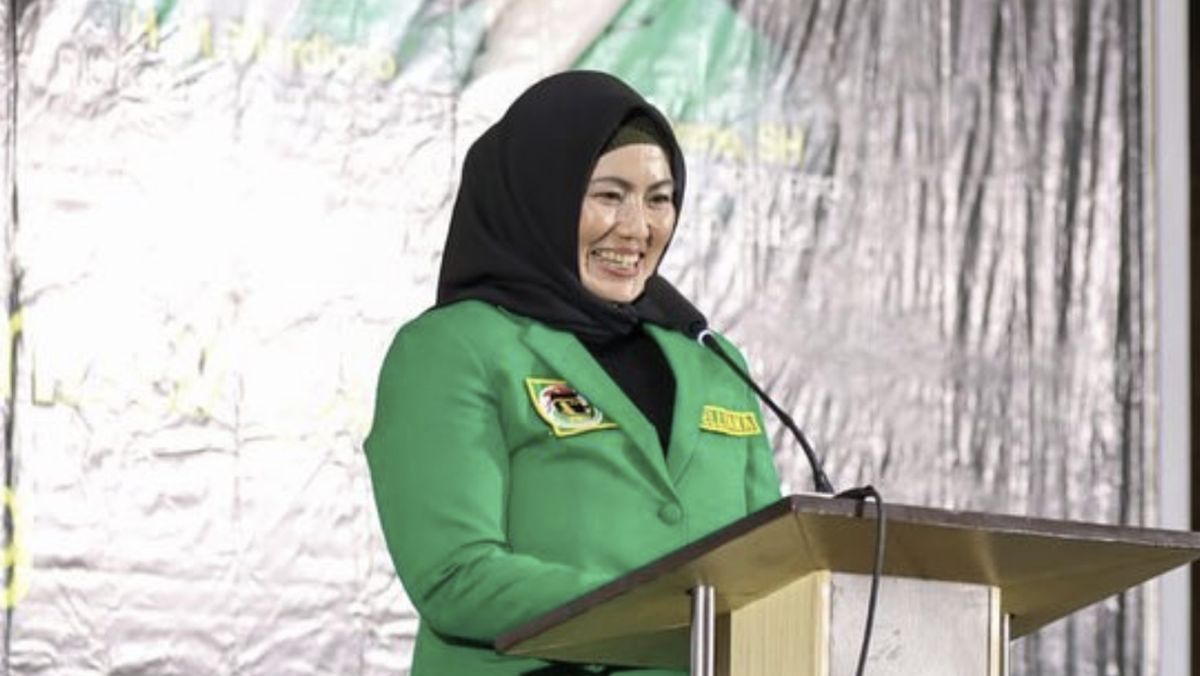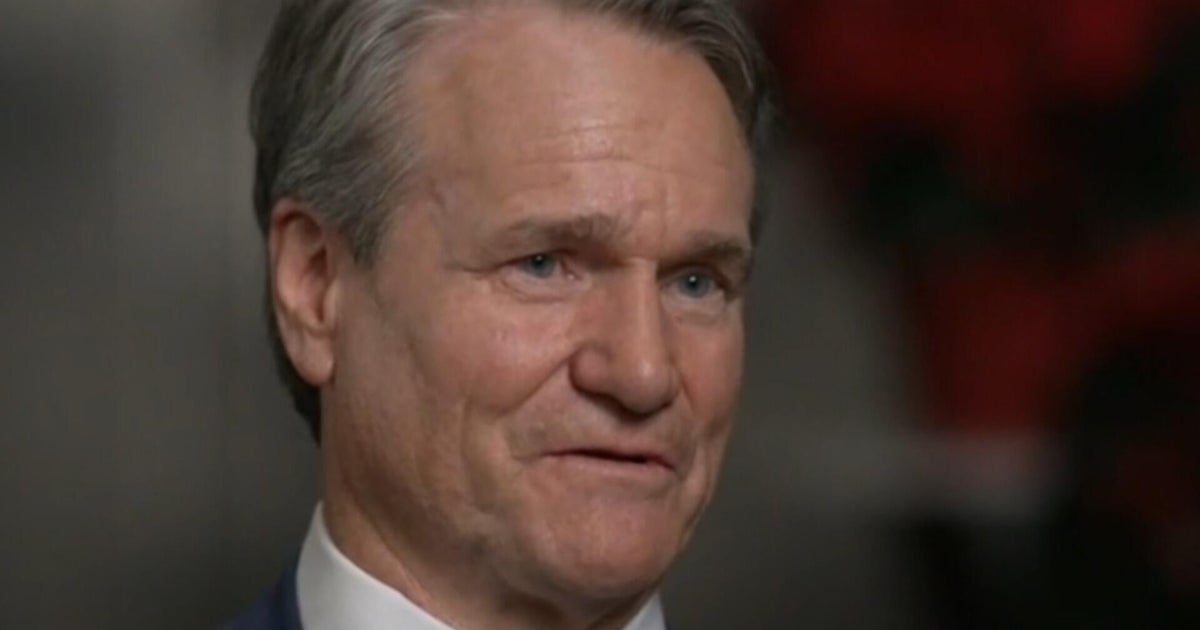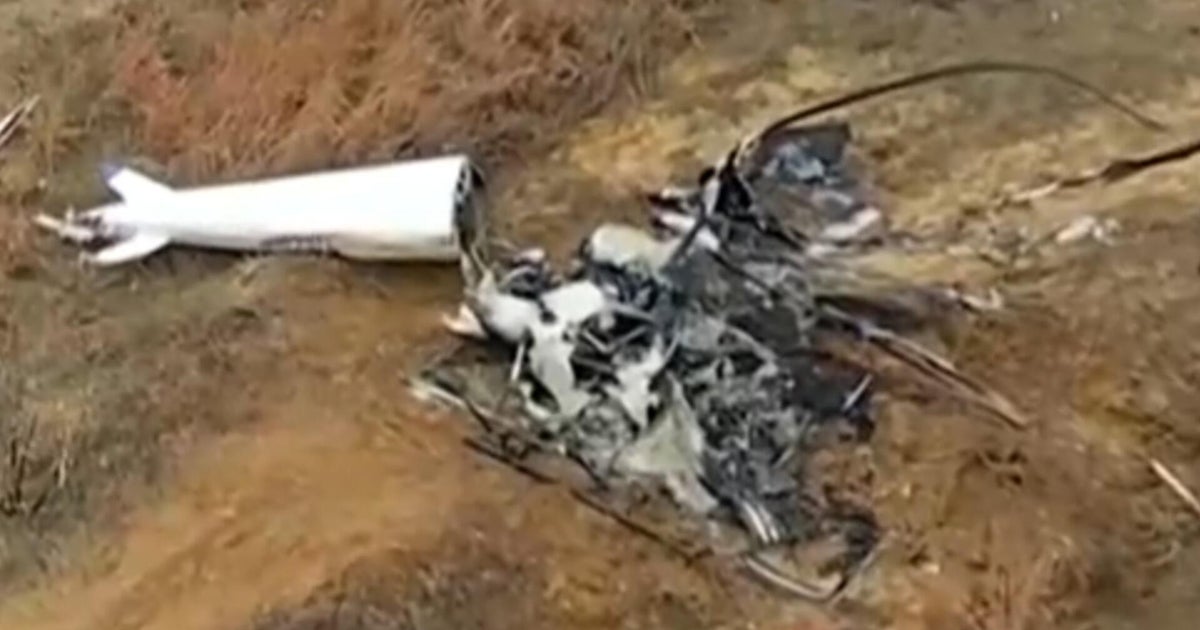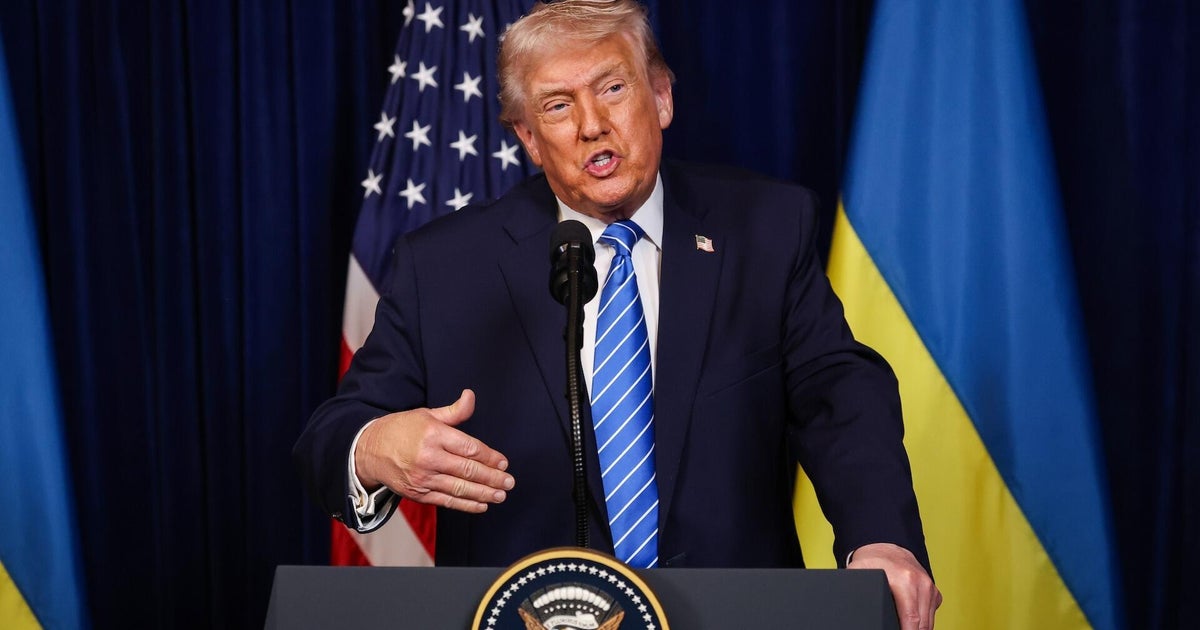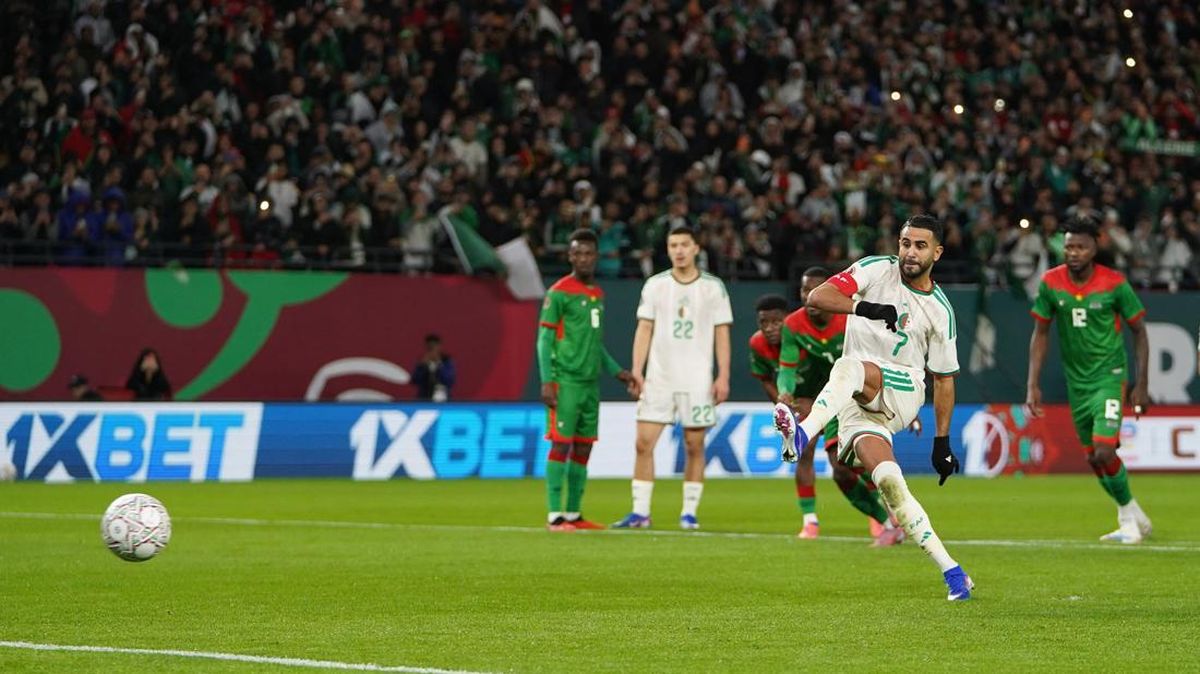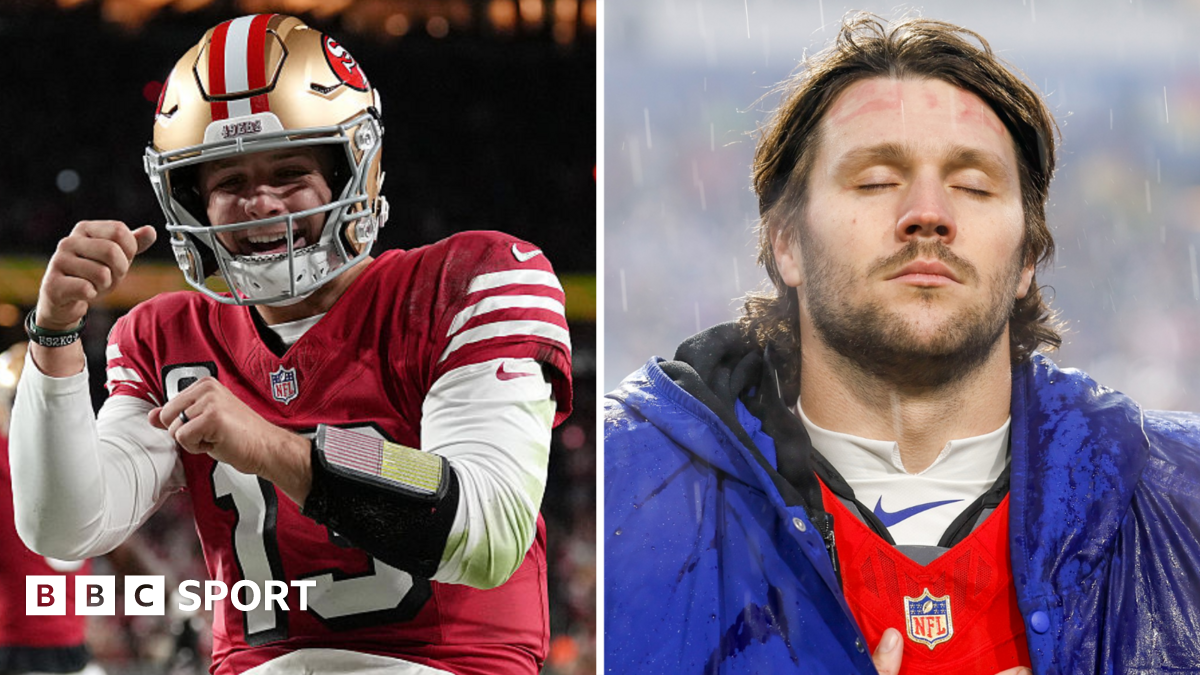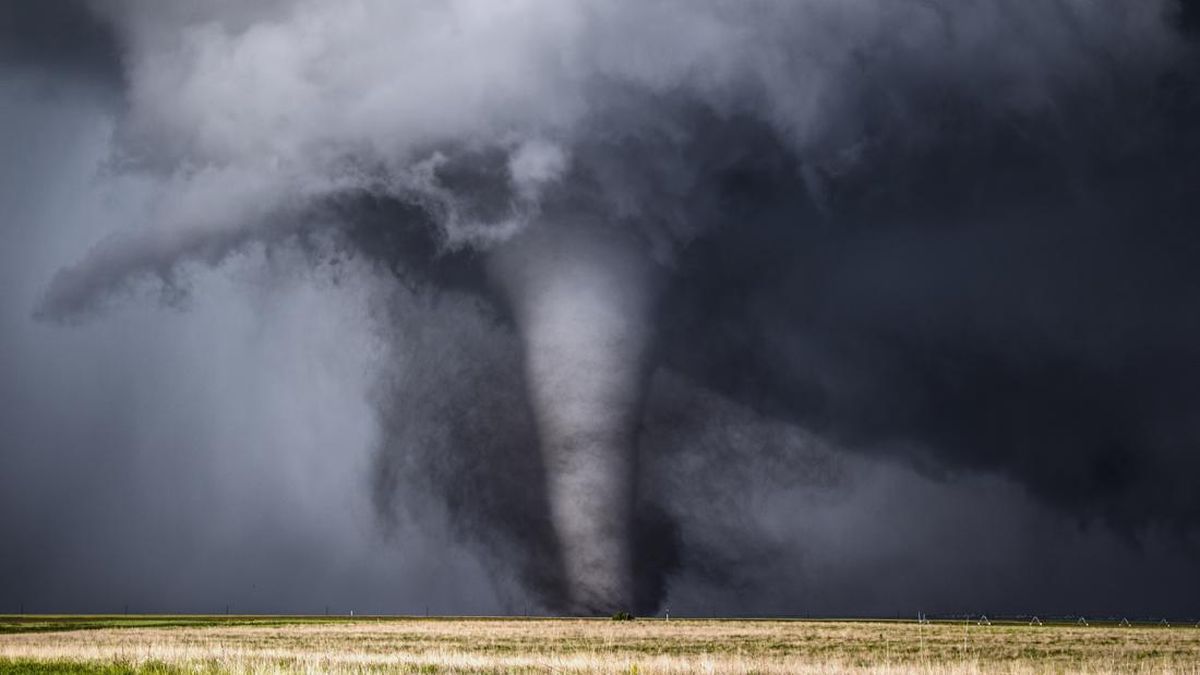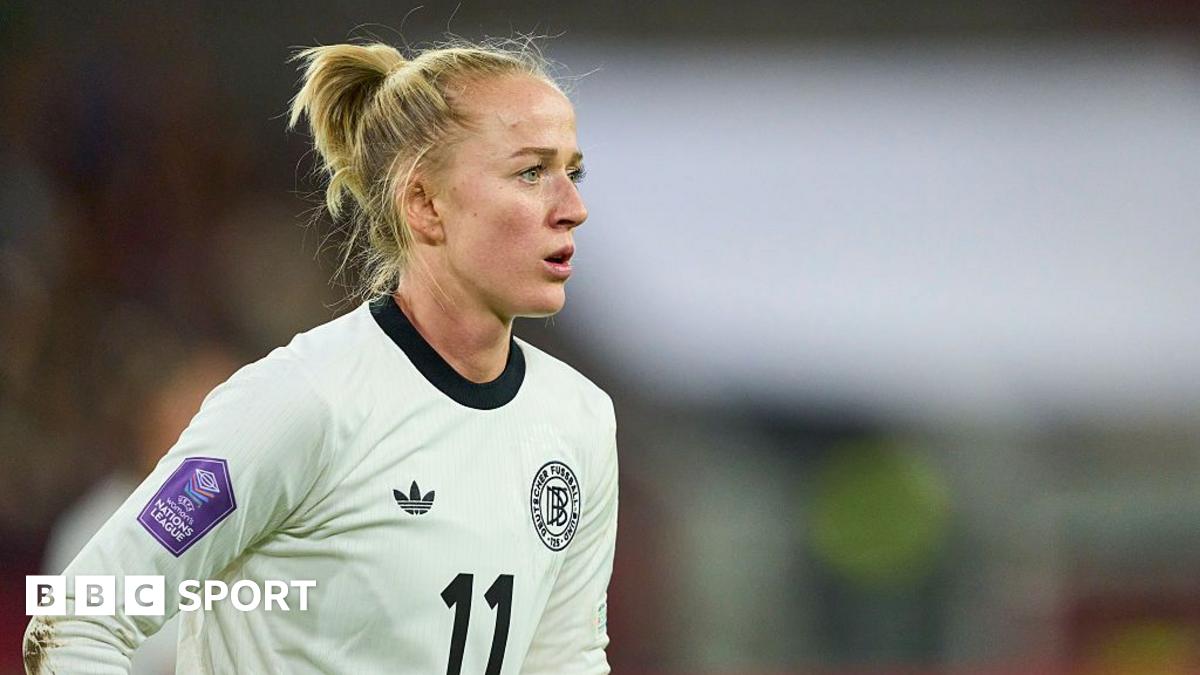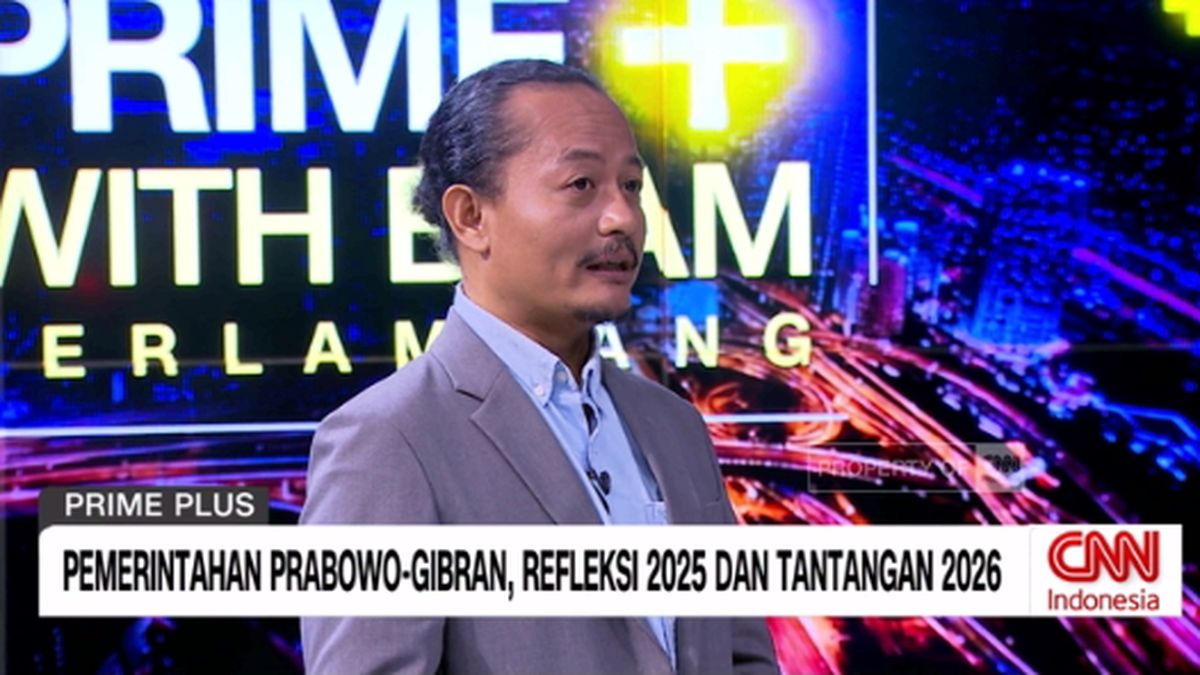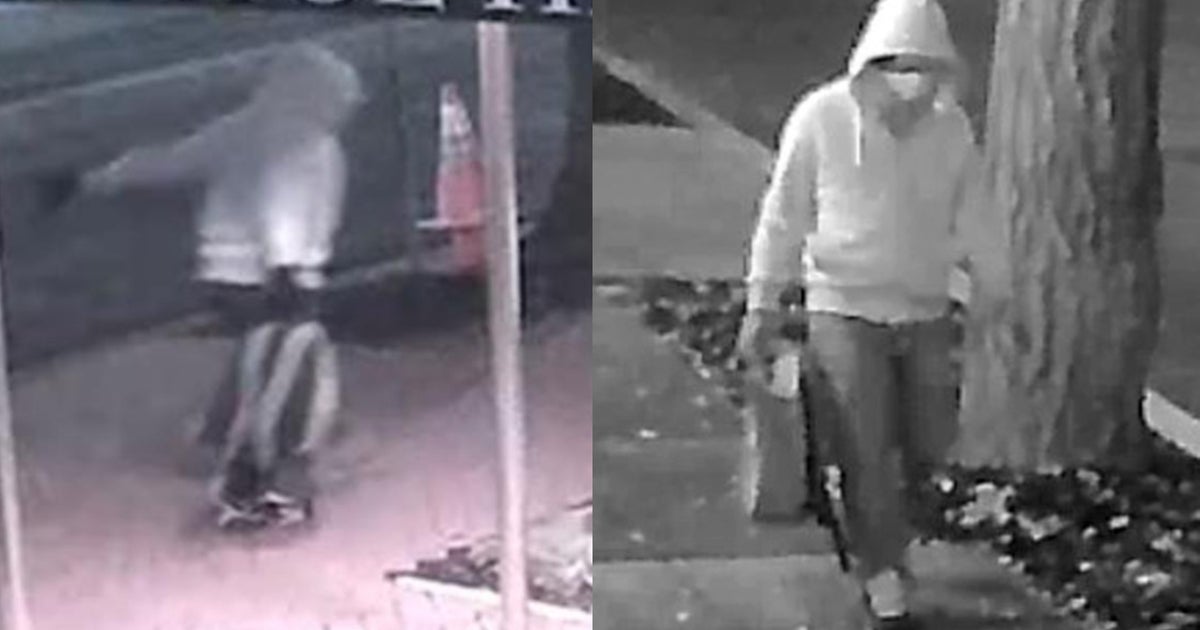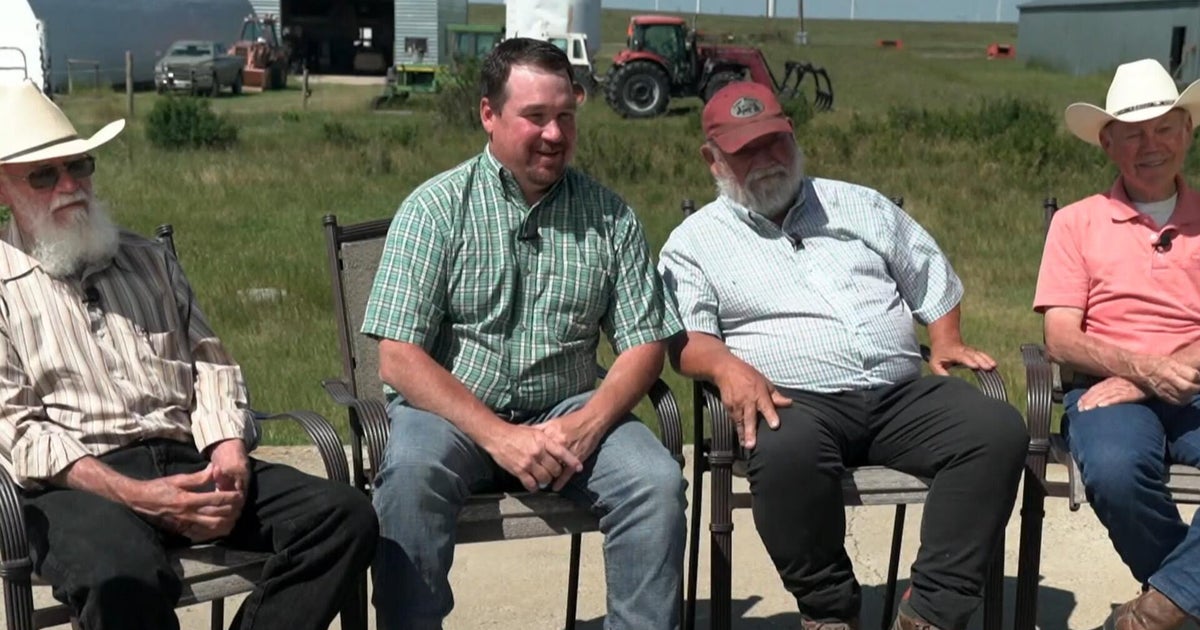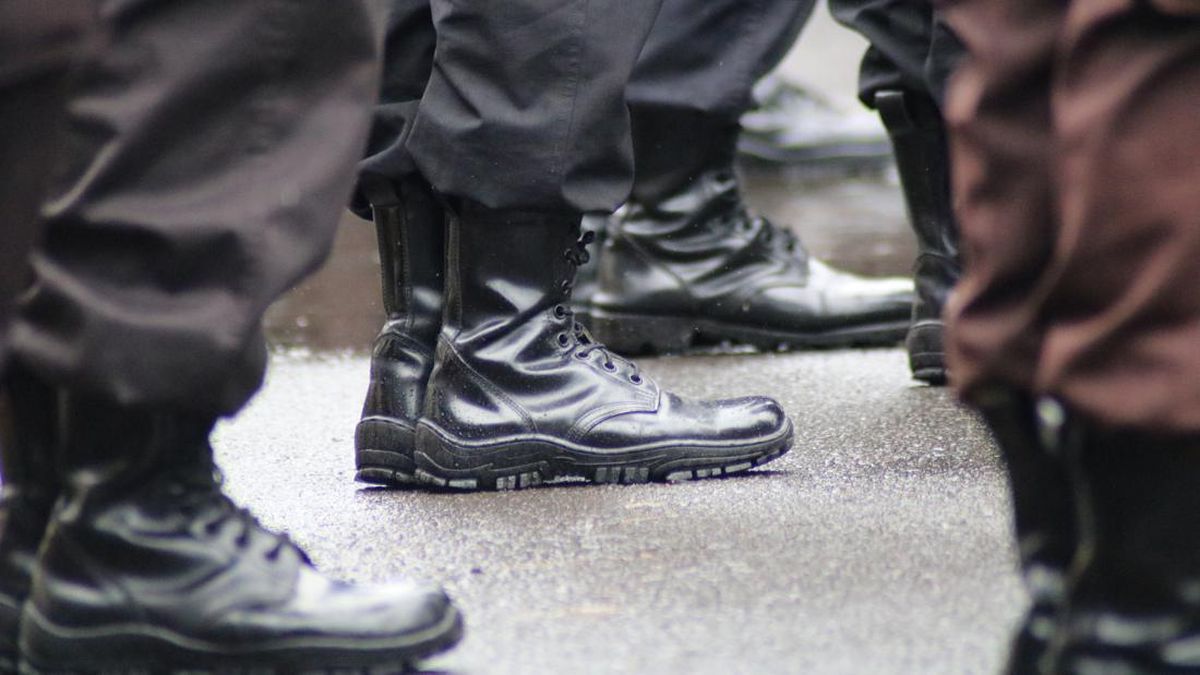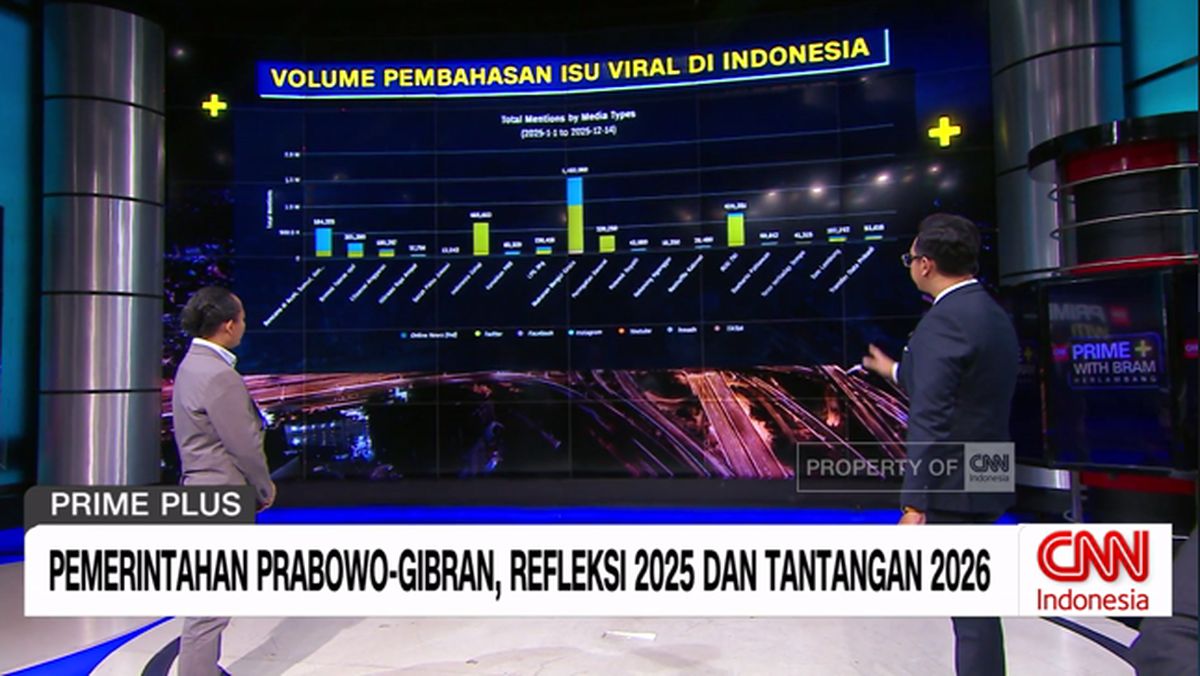“Let me tell you the truth,” says Spike Lee. What he is about to tell me, he says, is how he came to make his new thriller and moral tale, Highest 2 Lowest, his fifth film with Denzel Washington. “Out of nowhere, the phone rang and I didn’t recognise the number. It was Denzel, saying ‘I’ve got a script. I’ll send it FedEx. Read it and call me back.’ Even before I hung up the phone, I knew I was doing it.”
There is a rollicking, rollercoaster quality to any conversation with Spike Lee; you need to hold tight as answers, not necessarily to the questions asked, come from every direction. The idea that he would impulsively agree to do a script sight unseen seems completely in character. “So I agreed to the project, not even knowing what it was. Later on, I realised 19 years had elapsed since we made Inside Man together. So I was in. And you know what that shows? Because Denzel and I have talked about it. Two words. You can switch them if you want to. Love and trust. Or trust and love.”

Long-time collaborators Spike Lee and Denzel Washington on the set of Highest 2 Lowest.Credit: Apple TV+
What the script turned out to be was this story of David King, a music producer in Brooklyn – Lee’s stamping ground, to which he is passionately committed – whose business is hanging in the balance when his son is kidnapped. Trey (Aubrey Joseph) is taken along with another boy the same age, who is the son of his old friend and driver Paul Christopher (Jeffrey Wright). The kidnapper is a disgruntled aspiring rap star called Yung Felon (played by real rap star A$AP Rocky) whose ransom texts are a scrambled mix of threat and longing; he is clearly new to this game.
He is demanding $US17.5 million, a sum he knows King has recently acquired from new investors. He volunteers to let the driver’s son go, but makes a crucial mistake; he frees King’s son Trey instead. Now it is Kyle, the driver’s son (Elijah Wright) held captive for the same ransom. King is torn. Is he really going to turn over all his business’s available cash for somebody else’s son?
Reading the script, Lee recognised the story. It was a reinterpretation – his word, firmly insisted upon, lest anyone trip up with the word “remake” – of the 1963 film High and Low, by Akira Kurosawa, one of the most illustrious gods in Lee’s extensive cinematic pantheon. The great Japanese actor, Toshiro Mifune, plays the ambitious owner of a shoe manufacturer. It is a very different time and place. Kingo Gondo (Mifune) and his driver are master and servant in a strictly hierarchical society. David King and Paul Christopher, by contrast come from a world where everyone addresses each other as “brother” and “sister”. They may even mean it.
“With no disrespect to one of the greatest filmmakers – or to High and Low, one of the greatest films ever made – Denzel was not going to play a shoe company executive, he would not have wanted to do that. That’s one of the biggest changes for me,” says Lee. “In this film, David King is a music mogul, but his once very successful record company, Stack of Hits, is not stacking them any more.” As much as it is about tracking down a kidnapper, Highest 2 Lowest is fundamentally about a changing music culture.

Denzel Washington and Ilfenesh Hadera as parents of one of the kidnapped children in the film.Credit: Apple TV+
Lee grew up in an artistic household; his father was a bassist in the folk era who refused to go electric and was duly sidelined – a purist to the end. There is a whiff of this history in David King, whose famed ear for a hit doesn’t extend to picking new rap bands. The film opens with a magnificent drone shot of the Brooklyn skyline; playing over the scene is Oh What a Beautiful Morning, a classic show tune from hayseed musical Oklahoma; subsequent needle drops include Scottish fiddle music driving a chase scene. At least one younger music writer has accused Spike Lee himself of dropping the musical ball, retreating into the past.
“Well, number one, I don’t condemn rap,” says Lee. “I love rap! I was here in New York City when it started in the south Bronx, one of the greatest songs in the history of rap is the opening of Do the Right Thing, Public Enemy’s Fight the Power. So the music that you talk about to me shows the breadth of the music I love and how important music is to me in my films.”
The director is speaking from his office, surrounded by some of his magnificent collection of photographs. A couple come off the wall to prove his point. “Watch this! This individual was white, brought up in Brooklyn New York! Aaron Copland! One more. Bernstein! Leonard Bernstein! And another thing I would like to say, jazz, the great American art form, has historically done reinterpretations from the great American songbook. You have spoken of Rodgers and Hammerstein. My favourite case of reinterpretation is Oscar Hammerstein’s My Favourite Things – and who did that? John Coltrane!”

A$AP Rocky as aspiring rap star Young Felon.Credit: Apple TV+
The core issue for David King is that he has lost exactly this kind of enthusiasm, his professional ringmaster’s bonhomie failing to hide the fact that the music industry has become more industry than anything else for him. “He talks about that,” say Lee. “His wife tells him in one of the opening scenes of the film, like when we first met, your eyes would light up talking about music, and she comments ‘I don’t see that joy any more’.” It’s a common enough story.
There are certainly no signs of that happening to Spike Lee. So far, his career has spanned four decades and over 35 films which he has written and directed, including the explosive documentaries Four Little Girls and When the Levees Broke; his landmark narrative films include Do the Right Thing, Malcolm X and BlacKkKlansman, which won the Academy Award for best adapted screenplay in 2019. He is now 68 and, quite visibly, more enthused than ever.
“People are different,” he says, musing on those who lose that joy he feels. “Their life experience is different. Maybe let’s just say that I’ve been blessed that so far, the joy is there into my 70s. I say this to my class – I’m a tenured professor at NYU graduate film school and the first day of class is coming up very soon – that if you are blessed to make a living doing this, what you’re doing is not a job.” The business side of filmmaking can also get in the way. “But I truly believe I was put here to be a storyteller.”
Loading
What he hopes is that he will continue to tell stories with Denzel Washington. “What makes people love this, is that we have a great actor like Denzel,” he says. The power of a great actor, he adds, is to pull an audience into the drama. “They’re in the theatre thinking,‘would I do that? Give up my money for a kid that’s not mine?’ Doing this press tour, I’ve said publicly that I think Denzel is the greatest living actor.” He has also been telling people that Highest 2 Lowest would be their last collaboration, because the great Denzel was retiring.
“Because I was reading he was saying that!” Lee exclaims. “But now he’s saying ‘I’m going to make more films.’ So hopefully, I’ll get another phone call.”
Highest 2 Lowest is available on Apple TV+ from September 5
Find out the next TV, streaming series and movies to add to your must-sees. Get The Watchlist delivered every Thursday.
Most Viewed in Culture
Loading


